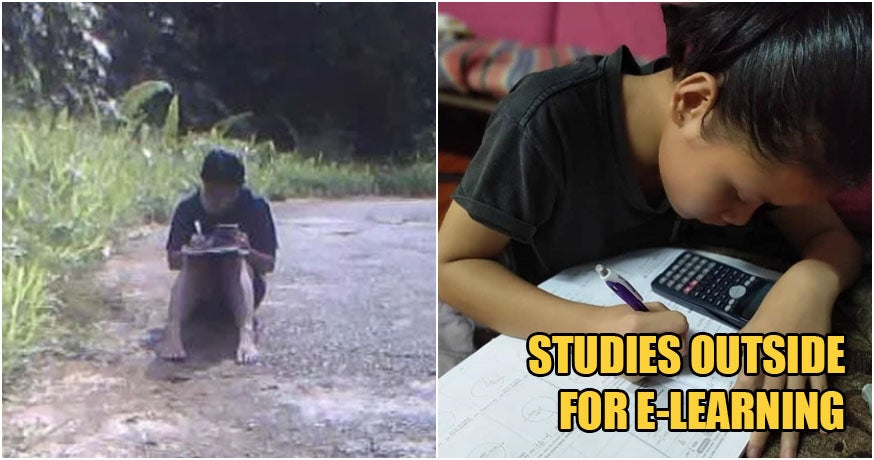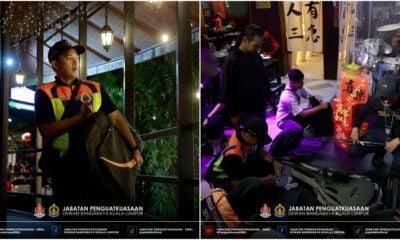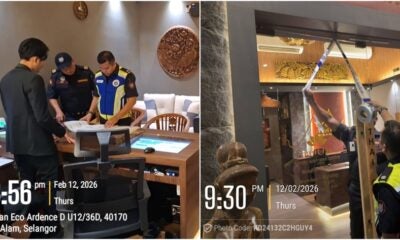Is e-learning the solution for a post-Covid 19 world? That is a question that has weighed heavily on many academic institutions across the world, as they debate on whether students should be allowed back into schools, or continue maintaining their education from home.
While the idea itself may be born out of good intentions, one has to wonder just how feasible e-learning would be for families living under the poverty line, or families who live away from the convenience of reliable Internet connection.
For one girl however, the fact that her family lived in a rural area in Sarawak with poor Internet connectivity did not stop her from making the most out of her academics.

In a recent post that was shared by SMK Tinggi Sarikei, a national high school located in the Sarikei area of Sarawak, one of their students, a 13-year-old girl known as Heliyana, was photographed squatting under the sun. Armed with her smartphone in one hand and with her papers on her lap, she was seen working away to complete her examinations under the blazing hot sun.
Why didn’t she work inside her own home instead, you ask?
The Internet in the longhouse that she stayed in was too poor to maintain a consistent connection, forcing her to head outdoors to complete her e-learning.

However, it turns out that Heliyana isn’t the only student facing this problem in SMK Tinggi Sarikei either, as over 20 out of the school’s 850 students have faced difficulties trying to adopt the new norm of e-learning, due to issues faced by a lack of proper Internet connectivity.
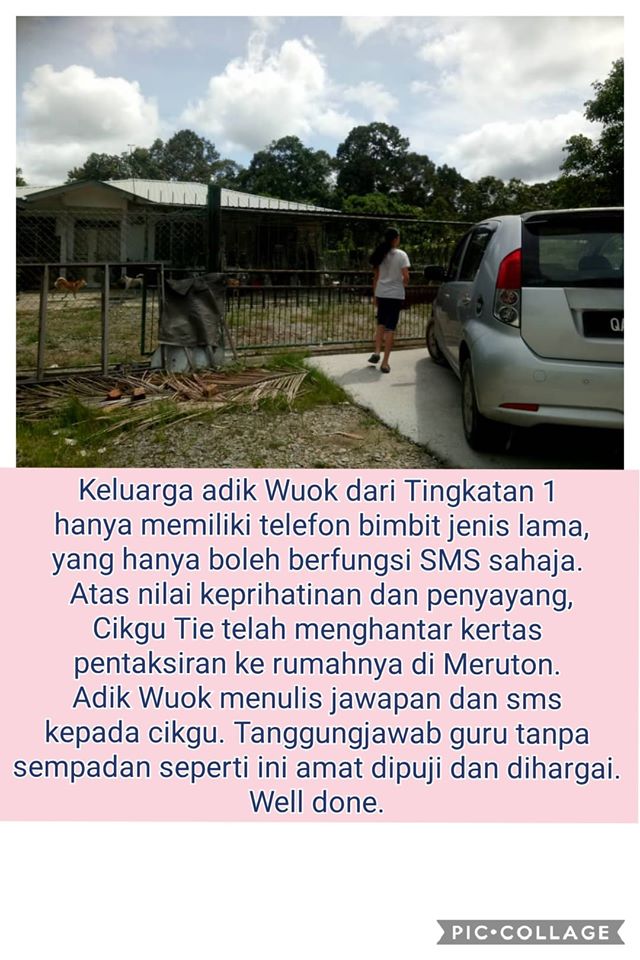
In fact, one student who doesn’t even own a smartphone and only has a basic phone that can receive SMS messages had to have her exam papers sent to her by a dedicated teacher, who would then receive her answers via SMS.
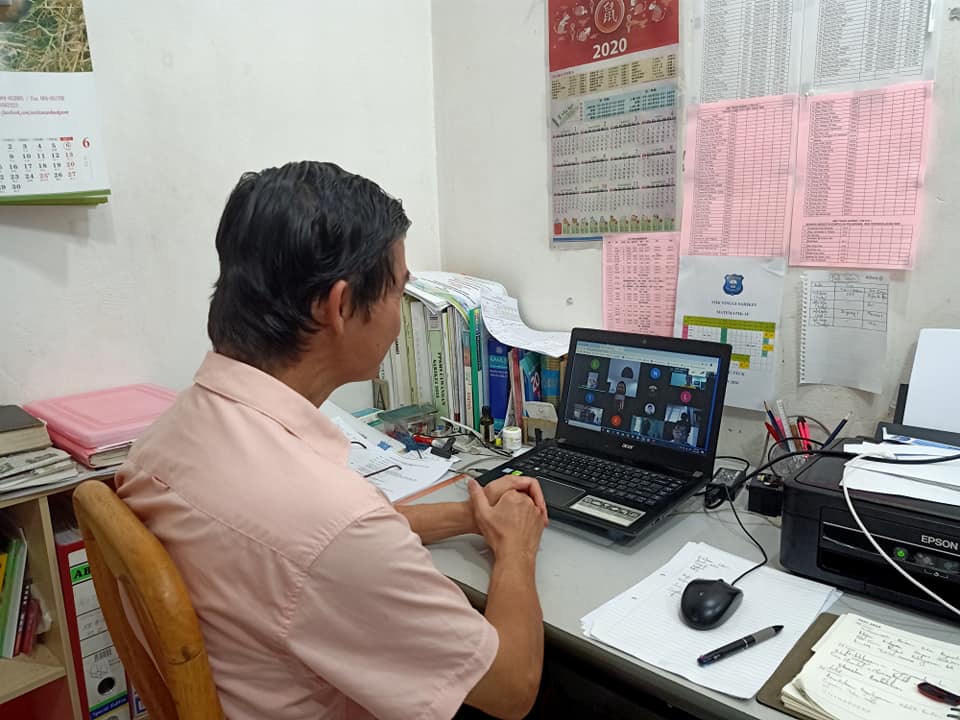
According to the school’s principal, e-learning has not been easy to implement in rural areas like their own.
“Some children from poor families do not have mobile phones, so they have to use their parents’ mobile phones to study. Sometimes parents do not leave their mobile phones at home. They can only learn their homework in the afternoon or evening.”
However, with the students being both diligent and hard-working, they are willing to go the extra mile to ensure that they continue receiving their education, despite the circumstances.
Which comes to show that in hindsight, we should all learn to appreciate the privileges that we have in life, and remember that we should always lend a hand to those who need it, when we are in a position to do so.
To Heliyana and her friends, we applaud you for your continued efforts to work hard in your academics, and wish you all the best.
Also read: Grandma Only Has RM270 To Buy Phone So Grandchild Can Attend Online Classes Since Lockdown

